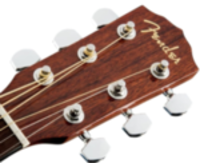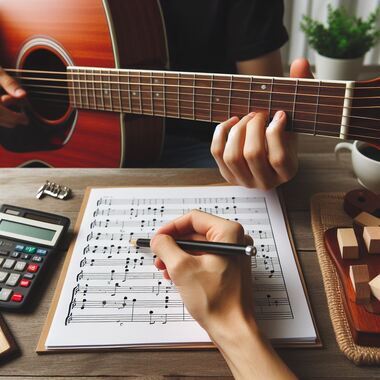How to Play Guitar Scales for Beginners: A Step-by-Step Guide
Learning guitar scales is a crucial step in understanding melody, improving finger dexterity, and enhancing overall playing skills. Here’s a beginner’s guide to playing guitar scales:
1. Start with the Major Scale:
The major scale is the foundation of many other scales. Learn the pattern of the major scale and practice playing it up and down the fretboard.
2. Understand the Structure:
Scales follow specific patterns of whole and half steps. For example, the major scale has a pattern of whole, whole, half, whole, whole, whole, half steps between its notes.
3. Practice Proper Fingering:
Assign a finger to each fret and stick to a consistent fingering pattern. This improves muscle memory and makes it easier to move between scales.
4. Use a Metronome:
Practice scales with a metronome to develop a sense of timing. This is crucial for maintaining a steady rhythm and improving your overall playing.
5. Learn the Pentatonic Scale:
The pentatonic scale is versatile and widely used in various genres. Mastering this scale provides a foundation for playing solos and improvisation.
6. Experiment with Different Positions:
Explore playing scales in different positions on the fretboard. This enhances your understanding of the guitar neck and allows you to play scales in different musical contexts.
7. Practice Alternate Picking:
Alternate picking involves using both upstrokes and downstrokes when playing. This technique improves speed and precision.
8. Combine Scales with Chords:
Understanding how scales and chords relate is key to becoming a well-rounded guitarist. Practice playing scales over different chords to create melodic phrases.
9. Learn the Blues Scale:
The blues scale is a fundamental scale for playing blues and rock music. It adds a distinct flavour to your playing.
10. Use Visual Aids:
Print out scale diagrams or use online resources to visualize scale patterns. This helps in memorization and understanding the structure.
11. Record Yourself:
Recording yourself while playing scales allows you to identify areas that need improvement. It’s a valuable tool for self-assessment.
12. Explore Online Lessons:
Take advantage of online tutorials and lessons that guide you through playing scales. Many platforms offer interactive lessons and play-along features.

Remember, learning scales is a gradual process. Dedicate regular practice time, stay patient, and enjoy the journey of discovering new sounds and possibilities on your guitar.
#GuitarScales #LearnGuitar #MusicEducation





